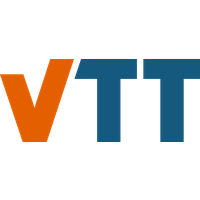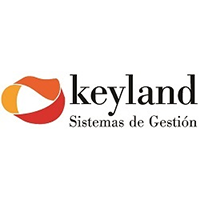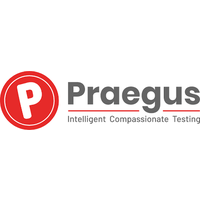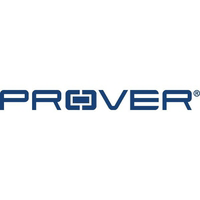Public Deliverables
2022
D4.4 Data-driven engineering methods and techniques
This deliverable is the final and public version of the WP4 series of deliverables on data-driven engineering methods and techniques in IVVES. It reports on the baseline for existing solutions and techniques provided by technology providers, and initial state of industrial use-cases.
2020
D6.1 IVVES Dissemination plan
This document describes the plan for using and disseminating the knowledge in the context of the IVVES project, through various means including internal and external communication channels, the distribution of dissemination material and participation in dissemination activities.
D5.1 Requirements for the IVVES experimentation framework
By making sure that all the IVVES outcomes come with a well-defined and clear package of training and possibilities to try them out (experiment with them), we hope to give dissemination of the IVVES outcomes a real boost.
D4.1 Data-driven engineering: state of the art & gap analysis
WP4 in IVVES, titled ‘Data-Driven Engineering’, focuses on implementing solutions for identifying data correlations and behavioural patterns throughout the entire product life cycle with respect to component failures, and with the ultimate goal of enabling predictive maintenance and anomaly detection.
D3.2 Validation methods and techniques for evolving systems considering use case requirements
In this deliverable we present validation methods and techniques which we have been developing or anticipating to adapt to the use cases. We selected existing validation methods and techniques we plan to adapt and implement in existing tools developed by partners.
D3.1 – State of the art of validation methods and techniques for complex evolving systems
This report introduces the idea of continuous quality assessment process which spans on entire ES lifecycle and maps methods, techniques and existing tools helping partners to navigate in the domain and apply right approach for the right lifecycle stage.
D2.2 – Training data quality
Data quality is an essential subject considering trustworthiness of ML systems. Data quality issues can be caused by many reasons, like missing data/values, outliers in the data or imbalance of the data. To respond to these data quality issues, we introduce methods for generating simulated data and validating incoming data in this chapter.
D2.1 – State of the Art on Validation Techniques for ML
Due to the popularity of applying machine learning and artificial intelligence to solve an ever-increasing variety of challenges, the need for verifying and validating models is also increasing accordingly. In order to meet this growing need, different approaches focusing on model interpretability, data augmentation and various testing approaches will be discussed in this document.
Publications
Antila, K., “Volumetric Image Segmentation for Planning of Therapies“, Tampere University, 2021
Johnson, S., “Predictive Failure Data Analysis in the AddTrack System“, Addiva, December 18, 2020
IVVES, “Explaining IVVES Innovations”, Advent Calendar, online, December 1-24, 2020
Open University, “IVVES in Finance”, 6th Dutch National Symposium on Software Engineering, Amsterdam, The Netherlands, January 21, 2020
Nurminen, J.k., Halvari, T., Harviainen, J. Mullari, J., Roysko, A, Silvennoinen, J., Mikkonen, T., “Software Framework for Data Error Injection to Test Machine Learning Systems, 4th international workshop on Reliability and Security Data Analysis, IEEE Computer Society, Berlin, Germany, October 2019
Helvoort, M. van, J. van den Brink, P. Derckx, “Industrial-grade Verification and Validation of Evolving Systems in Healthcare”, Annual IEEE EMBS Benelux Chapter Symposium, Leuven, Belgium, November 28, 2019.
Helvoort, M. van, “Resonating Public Private Partnerships”, European Alliance Summit, Amsterdam, The Netherlands, November 14, 2019.
ITEA3 website – IVVES
























